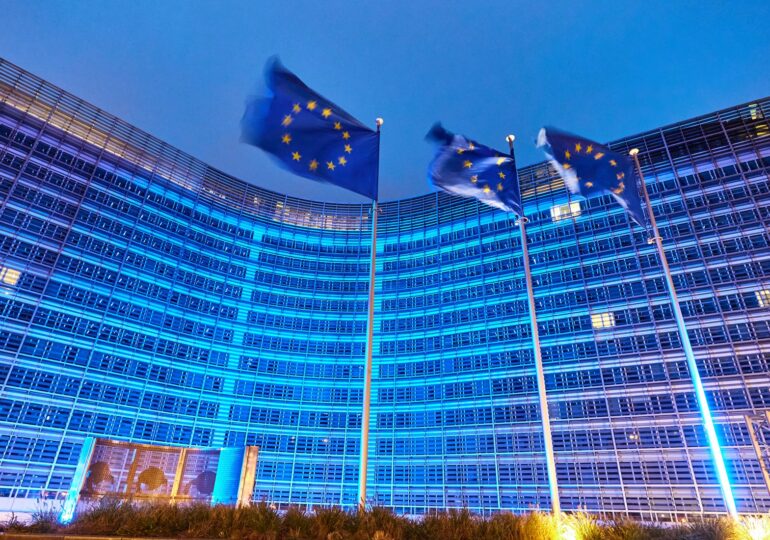The Romanian Ministry of Foreign Affairs and the European Commission denounce the unprecedented interference of Russia in the presidential elections and the referendum on EU accession that took place on Sunday in the Republic of Moldova.
According to a press release, the Romanian Ministry of Foreign Affairs considers that the entry into the second round, „with a solid score,” of the candidate with „the most authentic and deeply pro-European commitment” – President Maia Sandu – as well as the result of the constitutional referendum prove, „despite the challenges,” the „citizens’ attachment to the European and democratic future of the Republic of Moldova.”
"Massive Interference of Unprecedented Toxicity"
However, on the other hand, the Ministry of Foreign Affairs expresses concern "about the massive, systematic, coordinated interference from vectors in the Russian Federation, recorded even before the elections."
These unprecedented, complex, and toxic interferences aimed at compromising the integrity of the elections, undermining democracy, spreading anti-democratic and anti-European theories, as well as directly and through illegal means influencing voters. The information disclosed in recent days by the relevant authorities in the Republic of Moldova has revealed the unprecedented extent of these phenomena, supported by considerable financial resources."
The Ministry of Foreign Affairs considers that democracy, the natural aspiration for freedom, stability, and prosperity "will always prevail, even against artificially raised obstacles and hindrances."
"The vote on October 20 in the Republic of Moldova has shown these evidences," the Ministry of Foreign Affairs asserts, considering that it is further "the duty of all partners in the international democratic community to continue support for the Republic of Moldova, including in combating external actions aimed at undermining essential democratic processes, such as the exercise of the vote."
Similarly, the European Commission denounces the "unprecedented interference" of Russia in the elections in the Republic of Moldova.
"We have shown that the vote took place in a context of unprecedented interference and intimidation by Russia (...) with the aim of destabilizing the democratic process in the Republic of Moldova," said a European Commission spokesperson, Peter Stano, at a press conference in Brussels.
The "no" camp dominated the race for a long time, but the counting of ballots from the diaspora reversed the trend, and Russia evokes results that are "difficult to explain."

